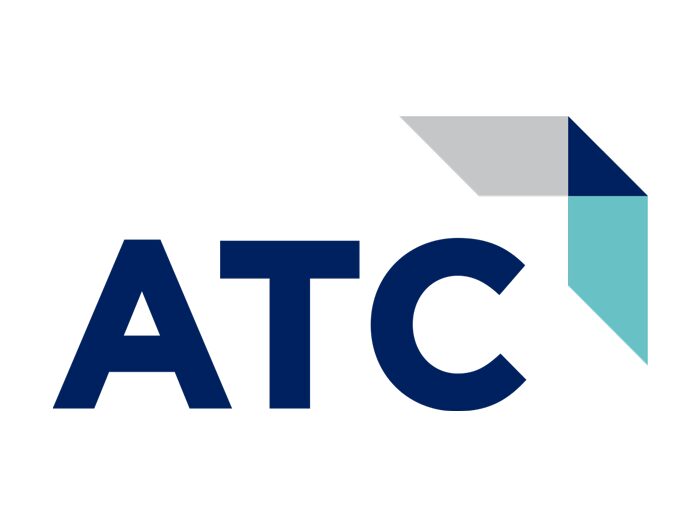Due to the rise of Skype and other similar services, the public is now much more aware of Internet based telephony. But whilst home users are now comfortable with the concept, some parts of the business community (SMEs in particular) have lagged behind. This is probably due to a lack of awareness, coupled with the reluctance to move away from what is proven to work.
There is also the (false) perception that Internet telephony can be unreliable with variable quality – indeed, many calls made today are already routed over IP by the carrier without the end user noticing any difference. Business grade IP telephony typically routes calls at an uncompressed 100k concurrent upload/download speed. Compare this with free services, which sometimes compress speeds down to as little as 15k.
A business with a reasonable broadband Internet connection should have no problem using VoIP (Voice over Internet Protocol) services for their calls. Even businesses with a really poor connection can still benefit by using their existing phone line to reach the main network, then using hosted phone services to route calls from that point.
Read more.
Teaser: The five good reasons are:
- Flexibility
- Scalability
- Location independent (see pic above)
- Business continuity
- Cost effective












